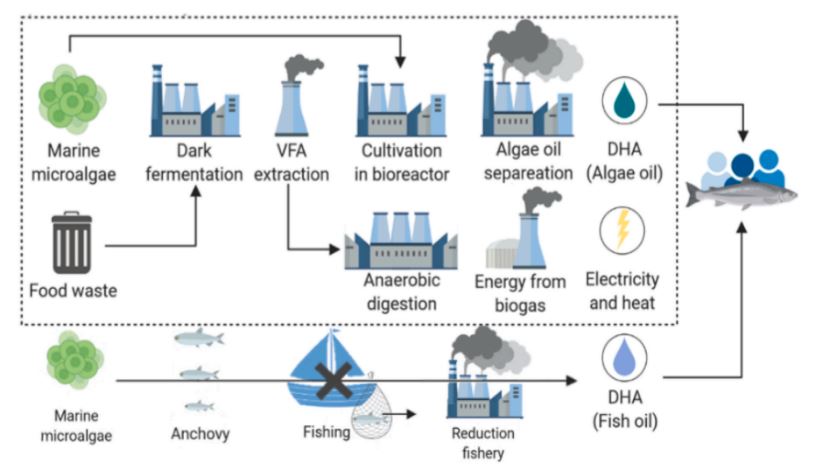Cultivating sustainable global food supply chains: A multifaceted approach to mitigating food loss and waste for climate resilience
February 25, 2024 | Journal of Cleaner Production | Source |
Introduction: Global food loss and waste (FLW) represent significant challenges, affecting one-third of the world's food production and directly impacting 700 million individuals. Beyond social concerns, FLW incurs substantial economic costs and raises environmental and ethical issues. To address this, researchers from United Institute of Technology offer a comprehensive overview of food supply operations management, defining FLW, exploring its multifaceted impacts, and outlining strategies for reduction.
Key findings: By examining various case studies from a hoslitic perspective, researchers have identified key challenges in FLW policy formulations, including measurement, interdependencies within the value chain, and conflicting objectives in food policy. Promoting a conducive business environment and government-led initiatives would need to address such challenges by standardizing data collection methodologies for targeted interventions. A rational approach to FLW reduction would need to balance benefits and costs in policy formulation, considering potential unintended consequences and trade-offs.

Figure | Simplified scenario depiction.
Viewed Articles
February 25, 2024 | Journal of Cleaner Production | Source |Â Introduction: Global food loss and waste (FLW) represent significant challenges, affecting one-third of the world's food production and
Read More
December 15, 2023 | Journal of Environmental Management | Source |  Introduction: Livestock production is a significant source of greenhouse gas emissions (GHGE) in China, challenging the country’s 20
August 06, 2021 | Communications Earth & Environment | Â Introduction: Rice paddies are widely discussed for methane emissions, but their role as carbon stores is less consistently quantified. Led by C
March 13, 2023 | Nature Food | Source | Â Introduction: Food loss and waste (FLW) are major contributors to global GHG emissions, yet their full impact across the food system has been underexplored. A
May 1, 2024 | Journal of Cleaner Production | Source | Â Introduction: Region-specific strategies are critical for China to balance crop production and environmental sustainability. This study, led by
August 26, 2023 | Environmental Monitoring and Assessment | Â Introduction: Lowland rice systems present a well-known climate trade-off, as management practices that increase soil organic carbon (SOC)





